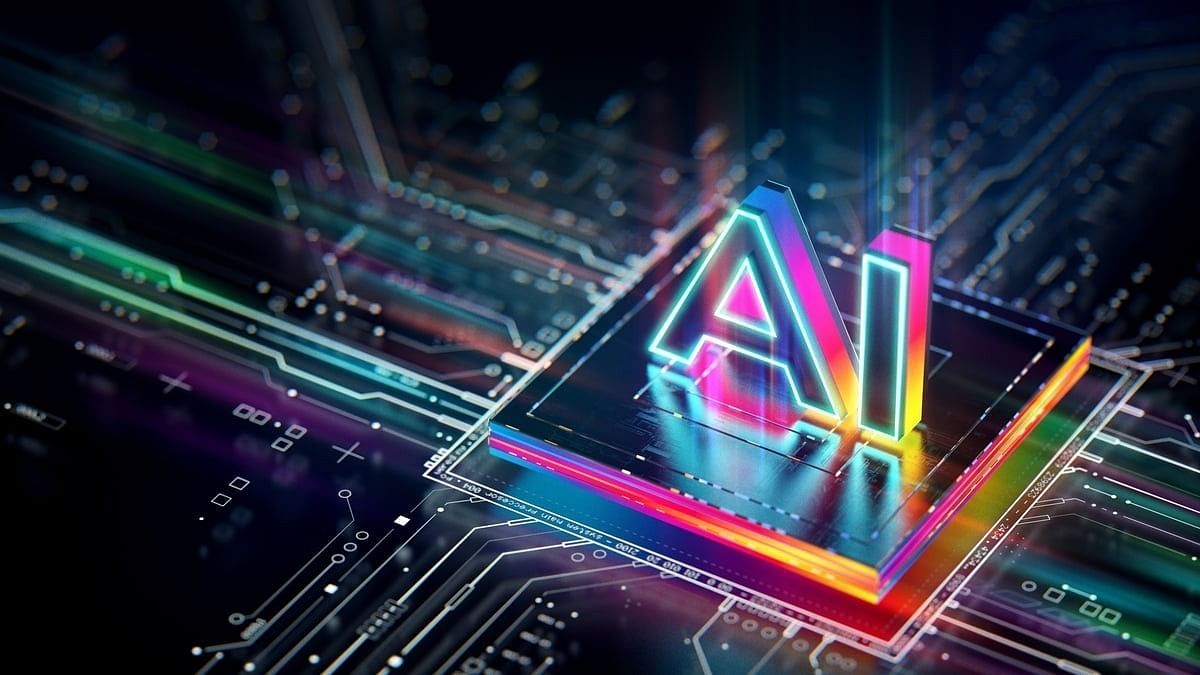
Representative image of artificial intelligence.
Credit: iStock Photo
The work that led American scientist John Hopfield and Canadian scientist Geoffrey Hinton to win the Nobel Prize in Physics this year had more to do with Artificial Intelligence (AI) than with physics as such. Their discoveries helped computer scientists understand how the human brain works, and laid the foundation for the development of AI. The Nobel Committee said artificial neural networks are able to make sense of large amounts of data which are now put to use in various fields. The machine learning breakthroughs of Hopfield and Hinton “have showed a completely new way for us to use computers to aid and to guide us to tackle many of the challenges our society faces”, the committee said. It should be noted that though the prize is for physics, the work of these scientists has covered many fields, such as computer science, engineering, biology and machine learning. Hopfield has studied classical physics and neurobiology and Hinton has a background in psychology.
American scientists David Baker, Demis Hassabis and John Jumper were awarded the Nobel Prize in Chemistry for their work in understanding and designing the structure of proteins, which are the building blocks of life. While Baker and his team successfully created a new protein and developed many protein creations, which have wide-ranging applications, Hassabis and Jumper, from Google DeepMind, were recognised for their development of an artificial intelligence model capable of predicting the structure of virtually all known proteins. The two used AI to solve the challenge of predicting protein structures from amino acid sequences and helped in advancing the understanding of over 200 million proteins. AI figured in the prizes for both physics and chemistry and that may be an indication of how it is going to dominate scientific inquiry in different fields.
The prizes have also shown the dominance of companies like Google in AI research, even as there is higher regulatory scrutiny on technology monopolies and a debate over the need to discourage such monopolies. More importantly, the prizes have also helped to bring the world’s attention to the concerns that many have over the potential negative consequences of growing AI capabilities. Both Hinton and Hopfield have expressed this concern in different ways. Hinton quit Google last year so he could speak freely about the dangers of AI, and has even expressed some regrets about his life’s work. Hopfield compared the advances in AI with the splitting of the atom, which had both positive and negative consequences. While the prizes show that AI and other advancements cannot be ignored and are here to stay, a note of caution about their deployment is in order. Hinton said the Nobel Prize could bring more attention to his concern about the future of the technology.